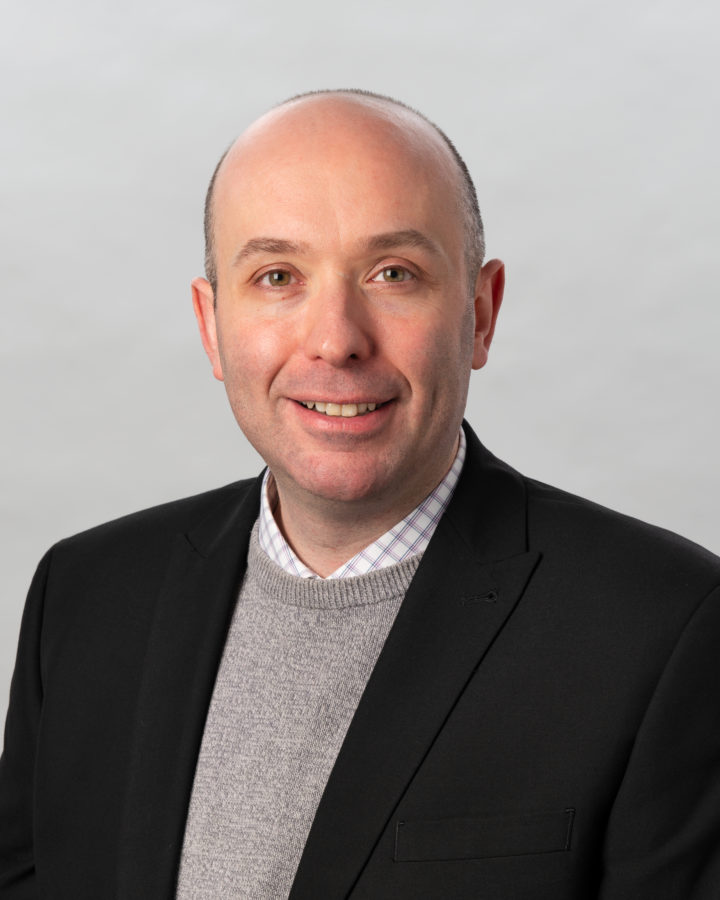SNP plans to raise council tax deemed unlawful
Plans tabled by Edinburgh SNP councillors to raise council tax by 20 per cent for people living in the highest band properties have been thwarted after being ruled unlawful, it is understood.
The opposition group announced this week it would put forward proposals to ‘reform’ council tax in the capital.
Council tax increases are usually applied across the board but they said a “novel use of existing but rarely used local authority statutory powers” would allow rates to be frozen for those in the lowest bands and “avert the need for sweeping cuts.”
However the plan has now been shot down by lawyers who told the council it would be against the law to proceed with it, a source said.
The group was accused of a “staggering level of incompetence” following the revelation.

Cllr Marco Biagi, who drew up the plans ahead of the annual budget meeting, said the group would still bring a budget that would “raise revenue while assisting households at the lower end of the scale, as intended”.
The council will meet on Thursday to set the budget and agree on measures to fill a £76 million funding gap. Officials have suggested raising council tax by three per cent — but councillors will have the final say on it.
The SNP’s proposition would mean that council tax is frozen for the 65,000 households in bands A and B, a three per cent increase applied to C and D, 10 per cent to F, 15 per cent to G, and 20 per cent to band H – with the last representing a rise of over £600.
A council source who spoke to the Local Democracy Reporting Service said external lawyers confirmed to council finance officers that the proposal was unlawful — throwing the SNP’s budget into chaos with less than two days to go.
The source said: “It shows a staggering level of incompetence from a group that less than a year ago was actually in charge of the city’s finances.
“It’s a particular embarrassment for Marco Biagi who tried to use his experience from his time as a minister, but in doing so has proposed something that is unworkable and unlawful.”
The SNP group said the plan would involve using powers within The Scotland Act which it is claimed could “create financial assistance in the form of discounting the council tax bill of each occupied primary residence from what they would be charged under the statutory rate to what they should be charged under the Edinburgh Effective Rate.”
Announcing the proposals on Monday, Cllr Biagi, the former Minister for Local Government and Community Empowerment, and who was elected to the council last year, said: “Normally, a five per cent rise in council tax means a five per cent rise for the richest and poorest alike.
“But by incorporating an automatic discount we could cap council tax rises for the typical Edinburgh resident and restrict big increases to only those in the most expensive properties.”
Asked today if the plan would still be contained within the SNP budget, Cllr Biagi said: “We want to ensure people in the lower council tax bands don’t see their council tax go up by as much as those in the higher bands. We’re very pleased the council’s legal advice confirms that we can do this through the payment of grants to households.
“We’ll therefore be bringing an opposition budget plan that, if backed by councillors, would raise revenue while assisting households at the lower end of the scale, as intended.
“But Thursday is just the start of a process. We’ve opened a debate about how councils can and should raise money in a fairer way. We are ready to begin working with the other progressive political parties straight away to prepare for next year’s budget.”
by Donald Turvill, Local Democracy Reporter.
The Local Democracy Reporting Service (LDRS) is a public service news agency. It is funded by the BBC, provided by the local news sector (in Edinburgh that is Reach plc (the publisher behind Edinburgh Live and The Daily Record) and used by many qualifying partners. Local Democracy Reporters cover news about top-tier local authorities and other public service organisations.